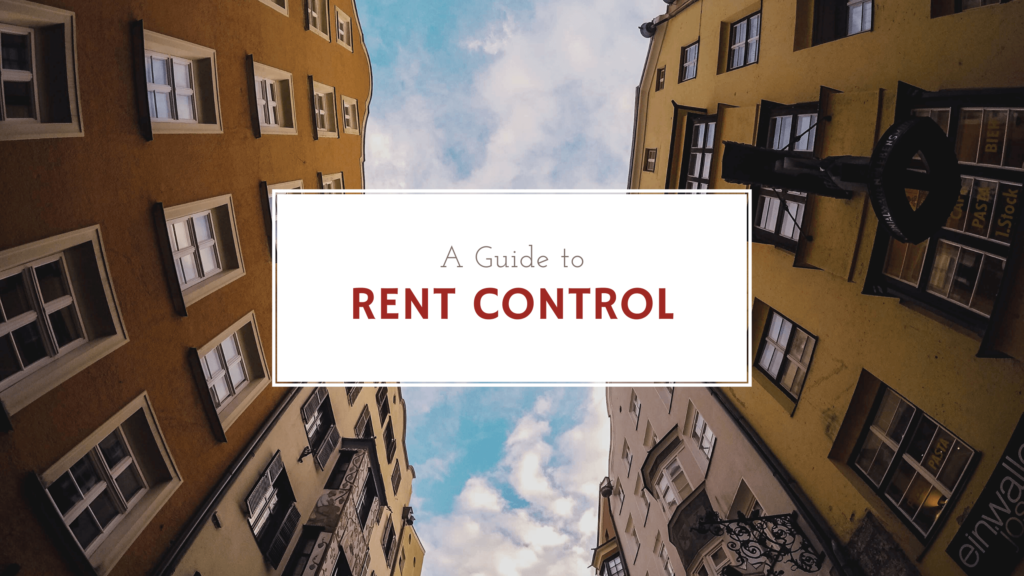A Guide to San Francisco Rent Control – What Should You Know?

Rent control has been in place for many San Francisco rental properties for decades. Recently, statewide rent control was put into place throughout California. Those provisions may widen the impact of rent control on San Francisco properties that were not affected previously.
Today, we’re covering the basics of San Francisco rent control and what you need to know. We strongly recommend that you discuss your specific property with a local property manager.
San Francisco Rent Control Requirements
In San Francisco, rent control is mandated by the Rent Ordinance. There are three main components to what it means for landlords with applicable properties:
- Annual rent increases are limited. The Rent Board decides what type of increase will be permitted, based on inflation. If you want to increase your rent for more than what the Rent Board permits, you’ll have to petition for permission. This is usually only approved when capital improvements are planned.
- Your tenants can ask the Rent Board for a decrease in rent if you are not maintaining the property to habitability standards. If your unit has housing violations or there’s no hot water, you can expect additional limits on what you’ll be able to charge.
- Eviction has to be based on a just cause, such as nonpayment of rent, an owner moving back into the property, or criminal activity. There are 15 legal reasons to evict a tenant.
You also have to provide your tenants with at least 30 days of notice before you raise the rent. If you’re going to raise the rent more than 10 percent, you have to give them extra time. Previously, you were required to provide tenants with a 60-day written notice before you increased the rent more than 10 percent. Now, that notice period is increased to 90 days. Make sure you’re providing enough notice to your tenants before you make your rental increase.
San Francisco Rent Control Exemptions
Not all rental properties in San Francisco must follow the Rent Ordinance. If you’re renting out a single-family home, for example, you are likely exempt unless your tenants have been in place since before 1996. Condos are also exempt, and so are properties like dormitories and hotels.
Previously, San Francisco rent control only applied to buildings constructed in 1979 or earlier. With the new laws covering the entire state, newer properties are no longer protected. Housing constructed in the last 15 years is exempt from rent control restrictions, but anything that received a Certificate of Occupancy before 1995 is covered by The Tenant Protection Act. So, if your apartment building had been exempt from the local Rent Ordinance because it was constructed in 1990, it’s now included in rent control under the statewide act.
 Because there is so much room for error when it comes to renting out a property in this market, we strongly recommend that you get some help from a San Francisco property management company. We’d be happy to be your resource. Please contact us at Leading Properties for more information.
Because there is so much room for error when it comes to renting out a property in this market, we strongly recommend that you get some help from a San Francisco property management company. We’d be happy to be your resource. Please contact us at Leading Properties for more information.
